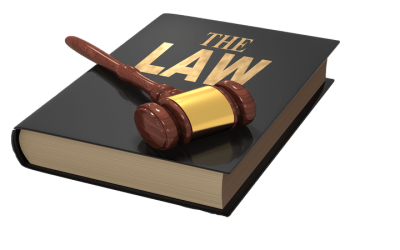School law or education law is a set of rules and regulations that have been developed to provide assistance and guidance to a school system. Most regions of the country have very detailed school law systems in order to make comprehensive policies for the region. School law on Long Island can deal with many things including the creation of schools, school funding and policy as well as the rights of educators and students.
It is a known fact that education is the key to the creation of a productive society. By providing the vehicles to instill knowledge in language, reading, writing, the sciences and math, schools graduate knowledgeable citizens who are ready to enter the workforce or to go on with additional specialist training in advanced subjects and specialized fields. It is education that creates a skilled workforce, one which brings benefit to the community, the economy and the nation as a whole. For these and other reasons governments place a high priority on education.
Some school law on Long Island creates a compulsory education system, this system demands that all children attend school for a certain number of years or until they reach a specific age. In the US it is compulsory for children to attend school until they reach the age of 18 although there are some states that have slight variations.
To compliment compulsory education there must be free education. Without laws which have created free tuition for students there are many who would violate the mandatory regulations simply because they could not afford to attend. The creation of state created free schools, known as public schools, is handled under education or school law.
School law also dictates the standards that apply to the educators. These standards usually include having an acceptable teaching degree, they dictate protocol, wages and hiring policy as well as the ways teachers are evaluated. This is an area in education law where there is a great deal of controversy. Some are of the opinion that educators should be evaluated on the academic performance of the students under their care. Other people argue that this method of performance evaluation leads to the teachers who perform poorly being sent to schools that are poor performers; this has a tendency to perpetuate the problem. There are regions of the country that evaluate the teachers based on the results of standardized tests; this also can raise considerable dissent.
At times it is necessary for schools, community colleges, colleges and universities to face issues with school law on Long Island. Should this be the case the educational law practice group of Jaspan Schlesinger Attorneys at Law can provide counsel and guidance.



